|
6/10/2019 Some Thoughts on LabelsBy Lisa Braver Moss, See the Triumph Guest Blogger I’m a survivor of childhood domestic violence, and while I’ve never denied this, I’ve never quite experienced it as a point of identity either. Until recently, I wasn’t aware that “survivor of childhood domestic violence” was, as they say, a thing. It is a thing, and there’s at least one group for such people on Facebook. Some people don’t like being labeled; they experience it as pigeonholing. Others embrace, and even organize around, their labels, which is how we get (for better or worse) identity politics. As for me, I find that labels can be helpful. I was curious, so I joined the Facebook group. Soon my news feed was flooded with familiar terms and concepts. Hypervigilance. Anxiety. Walking on eggshells. Helplessness. Phobias. Shame. Complex PTSD. With apologies to Groucho Marx (“I don’t want to belong to any club that will accept me as a member!”)—this was not a group to which I wanted to belong. But it was a group for which I more than qualified. There was something undeniably moving about the posts. Here were souls brave enough to share feelings that most people would consider shameful or at least embarrassing to discuss. That in itself was powerful—sharing as a means of conquering shame. Shortly after I joined, I saw a member’s query: were any other members terrified of loud noises? Having had a lifelong phobia of sudden explosions (firecrackers, gunshots, even the popping of balloons), I found it grounding to learn that other people with backgrounds similar to mine experience similar quirks. For years, I’ve felt ashamed of the fact that I’m scared to go to plays in case there are gunshots in them. Occasionally I’ve screwed up the courage to contact the theater to ask whether there were gunshots in a show, but more often I’ve found an excuse not to attend at all. I’ve also felt embarrassed that I can barely tolerate attending kids’ birthday parties because of the balloons. I feel so uncomfortable being in the same room where kids are “playing with” these colorful menaces (to my mind, getting ready to pop them) that I have to leave the room. This is all not to mention the fact that a locked door being impatiently jiggled makes my heart race (not in a good way). Or that raised, escalating voices can send me into internal panic. It’s been frustrating for me that after all these years, my quality of life is still affected by such fears. But having seen the posts on the childhood domestic violence survivors’ group, I noticed I didn’t feel quite as much shame. What I’m learning is that the shame I feel is separate from the phobia itself. If I’m scared of balloons, and I’m ashamed of being scared, those are actually two different things. Slowly, I’ve been training myself to think, “You don’t have to pile shame onto this.” It helps to know other trauma survivors are working on the same thing. While I certainly wouldn’t have chosen to grow up with household violence, it’s my reality—and I’m grateful to have a label for it. With that label comes community, and orientation, and the possibility that together, we can all recover a little bit at a time. 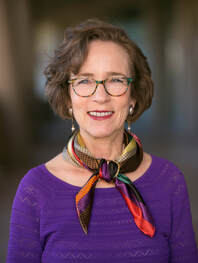 Lisa Braver Moss is the author of “Shrug” (She Writes Press, Aug. 13, 2019). She is a writer specializing in family issues, health, Judaism and humor. Her work has appeared in Parents, Tikkun, Lilith, the Huffington Post and more. Moss is also the author of the novel “The Measure of His Grief” (Notim Press, 2010). Her nonfiction book credits include “Celebrating Family: Our Lifelong Bonds with Parents and Siblings” (Wildcat Canyon Press, 1999) and, as a co-author, “The Mother’s Companion: A Comforting Guide to the Early Years of Motherhood” (Council Oak Books, 2001). She is also the co-author of “Celebrating Brit Shalom” (Notim Press, 2015), the first-ever book of ceremonies and music for Jewish families opting out of circumcision. Moss is a survivor of childhood domestic violence and grew up in Berkeley, California. She lives with her husband in nearby Piedmont. They have two grown sons. |
Archives
July 2024
CategoriesAll About Intimate Partner Violence About Intimate Partner Violence Advocacy Ambassadors Children Churches College Campuses Cultural Issues Domestic Violence Awareness Month Financial Recovery How To Help A Friend Human Rights Human-rights Immigrants International Media Overcoming Past Abuse Overcoming-past-abuse Parenting Prevention Resources For Survivors Safe Relationships Following Abuse Schools Selfcare Self-care Sexual Assault Sexuality Social Justice Social-justice Stigma Supporting Survivors Survivor Quotes Survivor-quotes Survivor Stories Teen Dating Violence Trafficking Transformative-approaches |
Search by typing & pressing enter


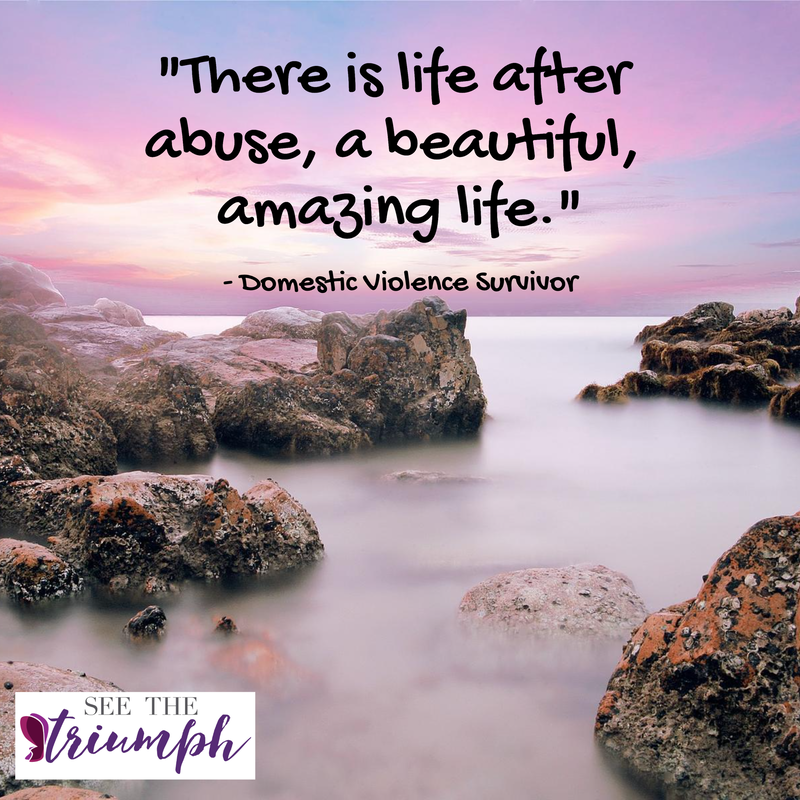
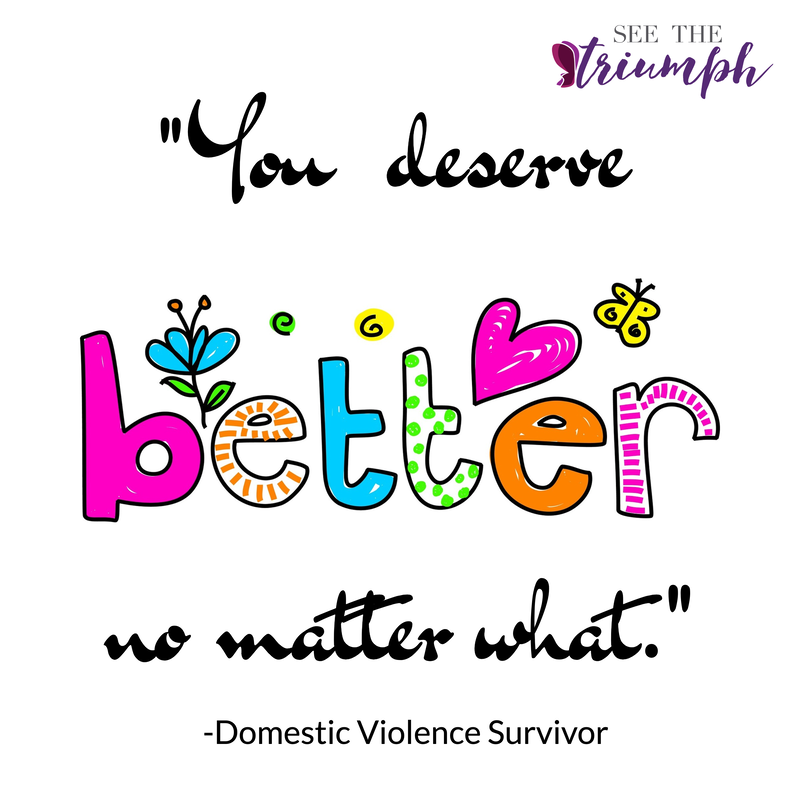
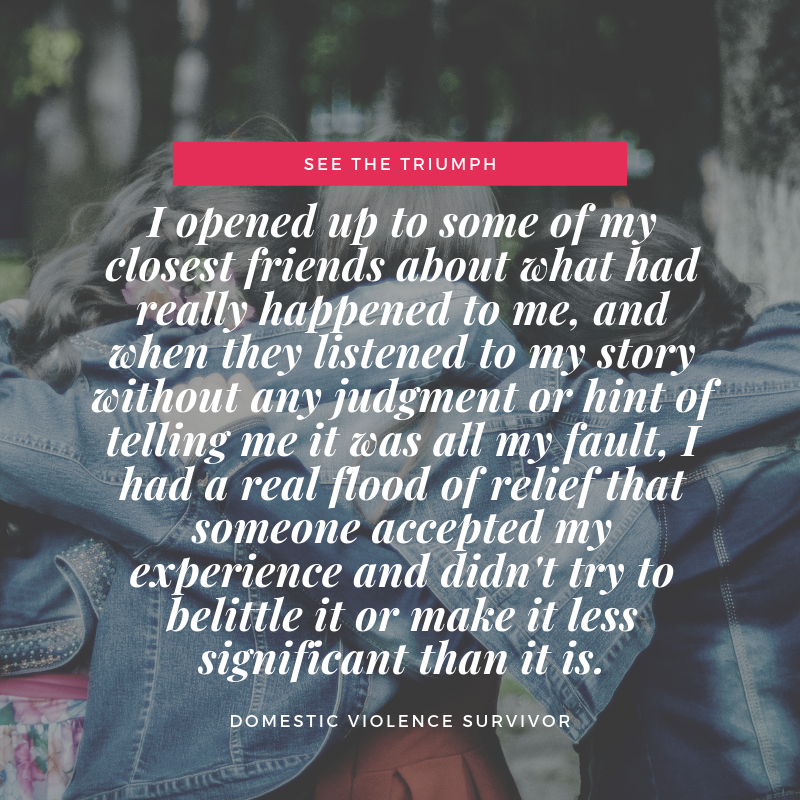
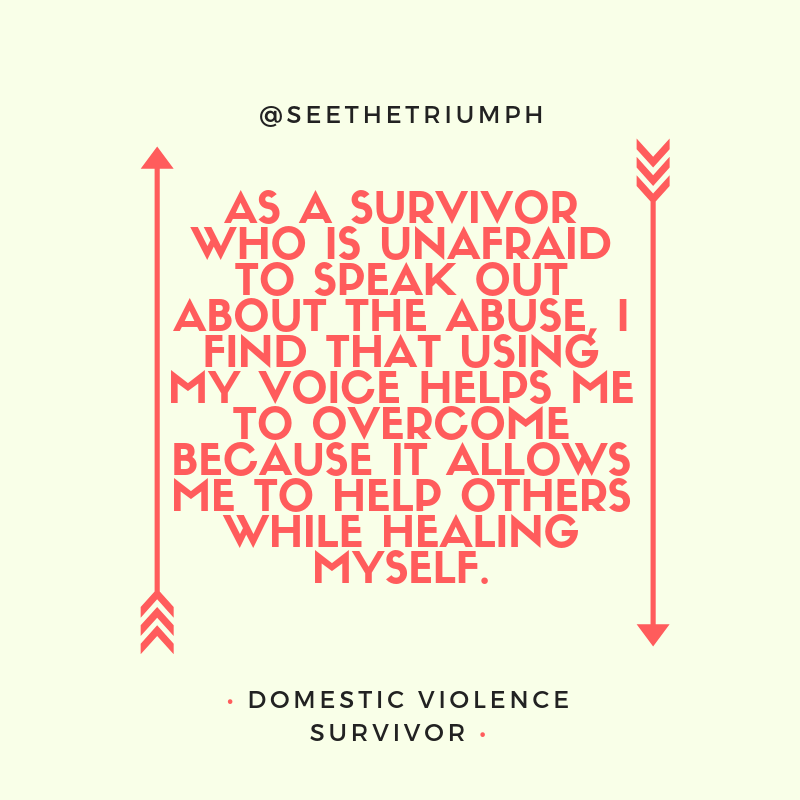
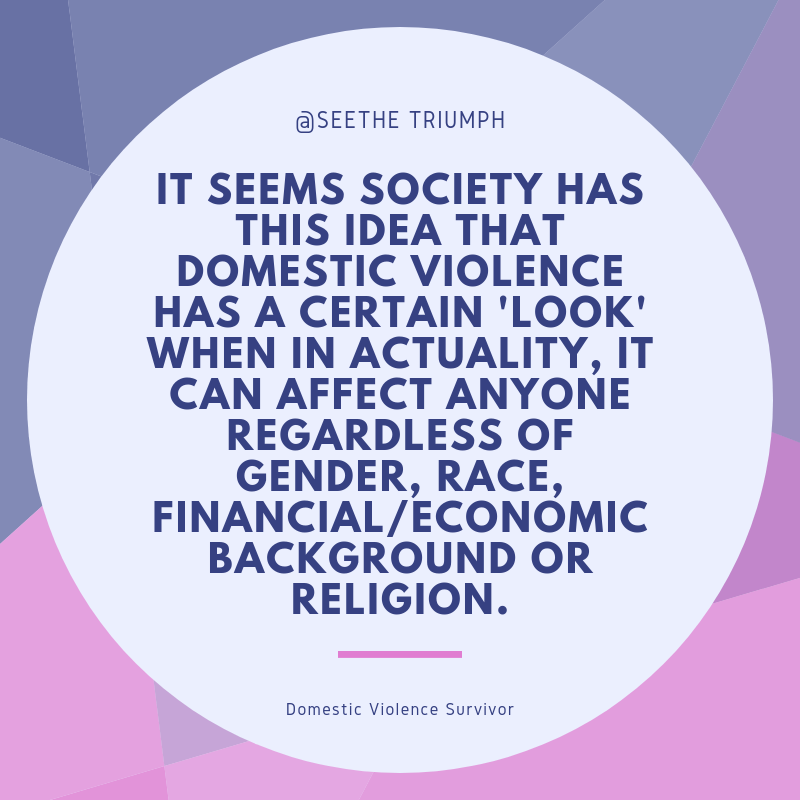
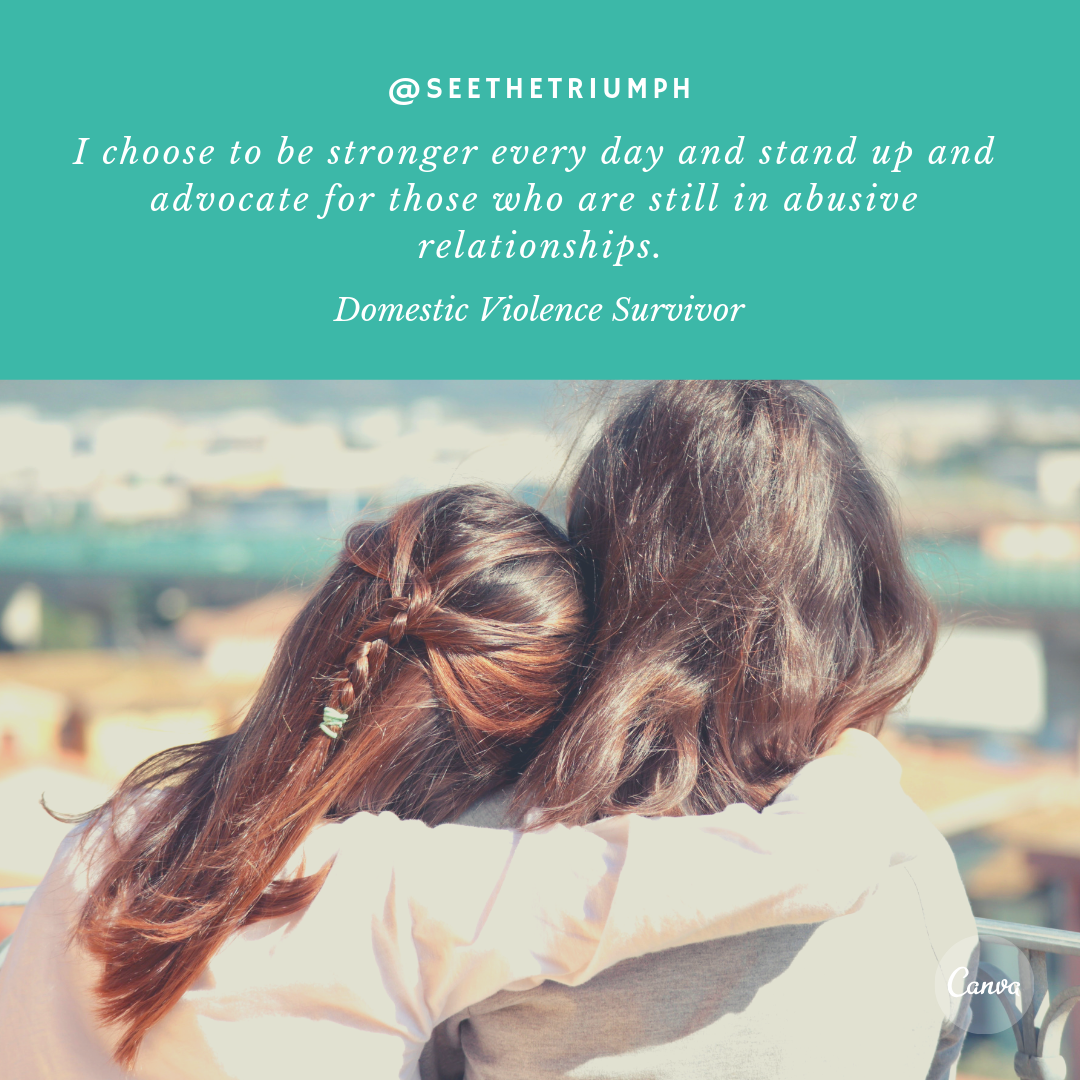
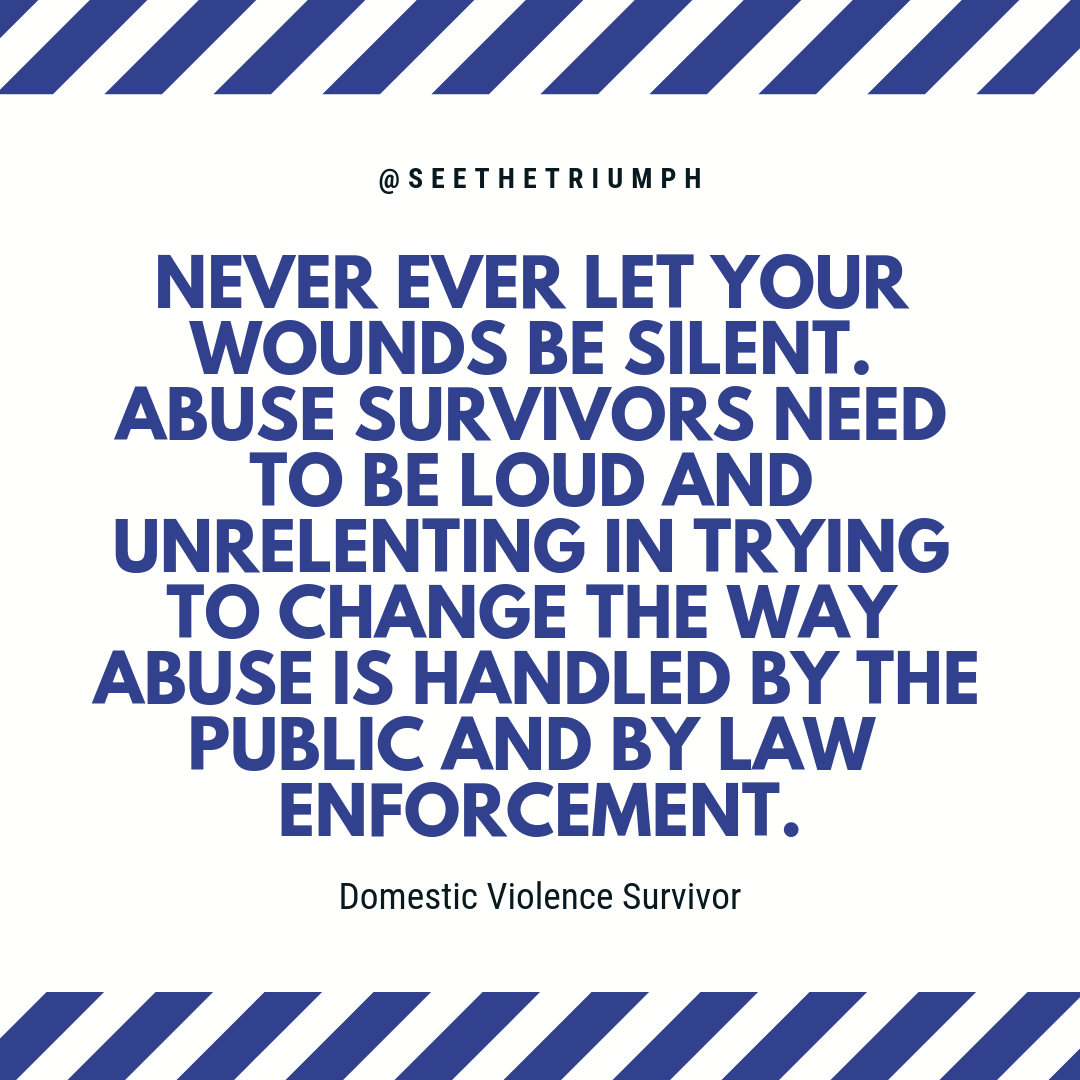
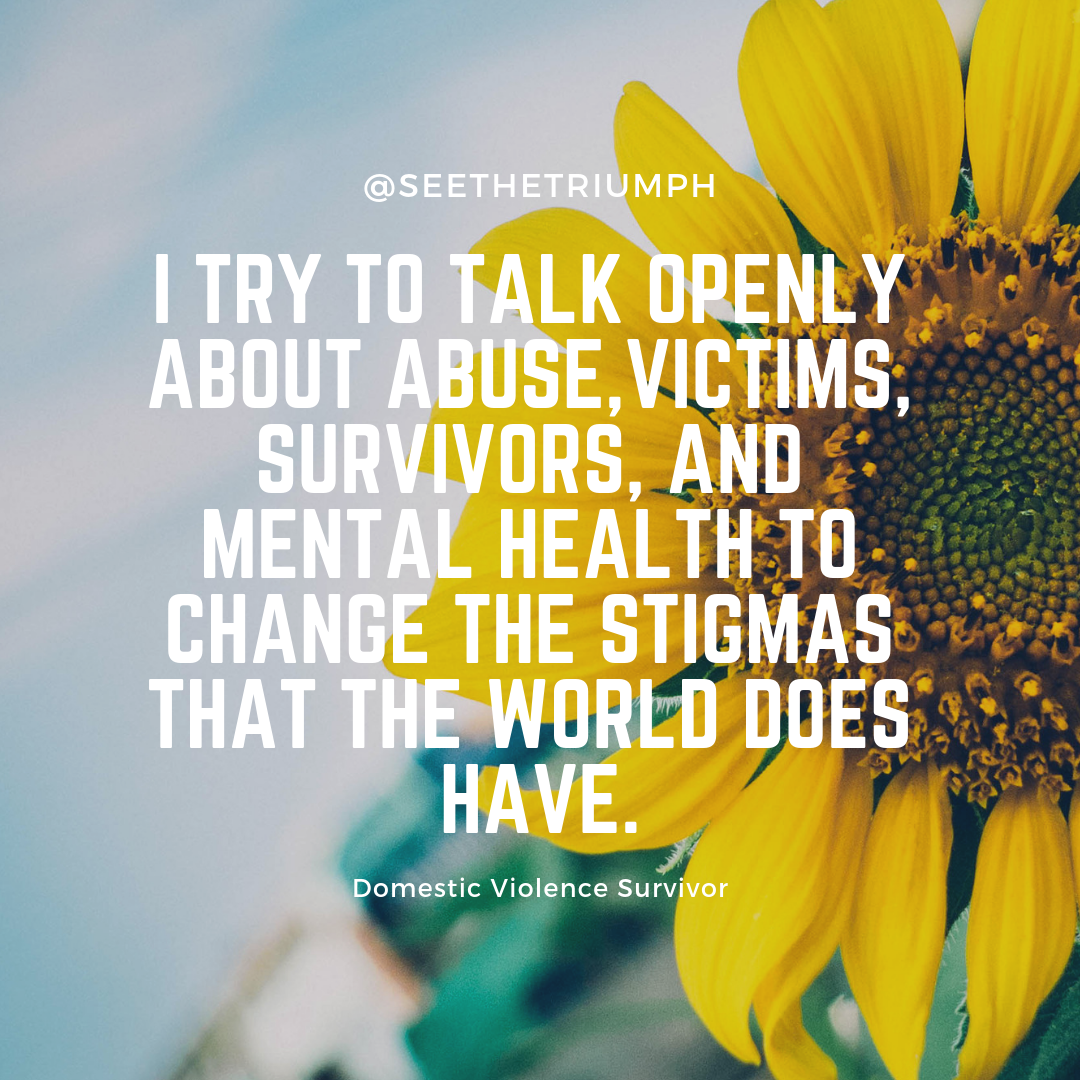
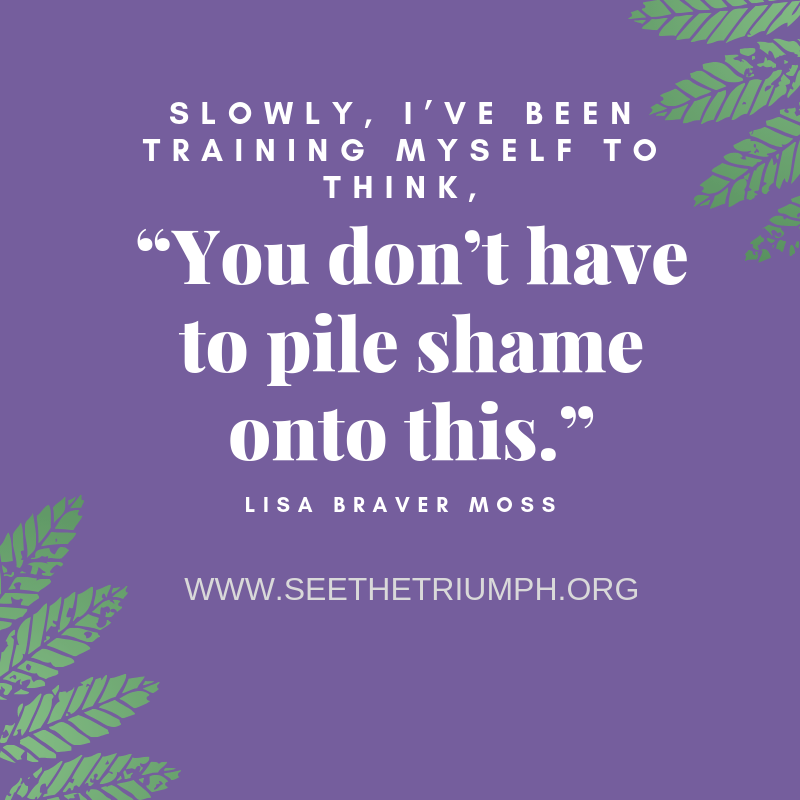
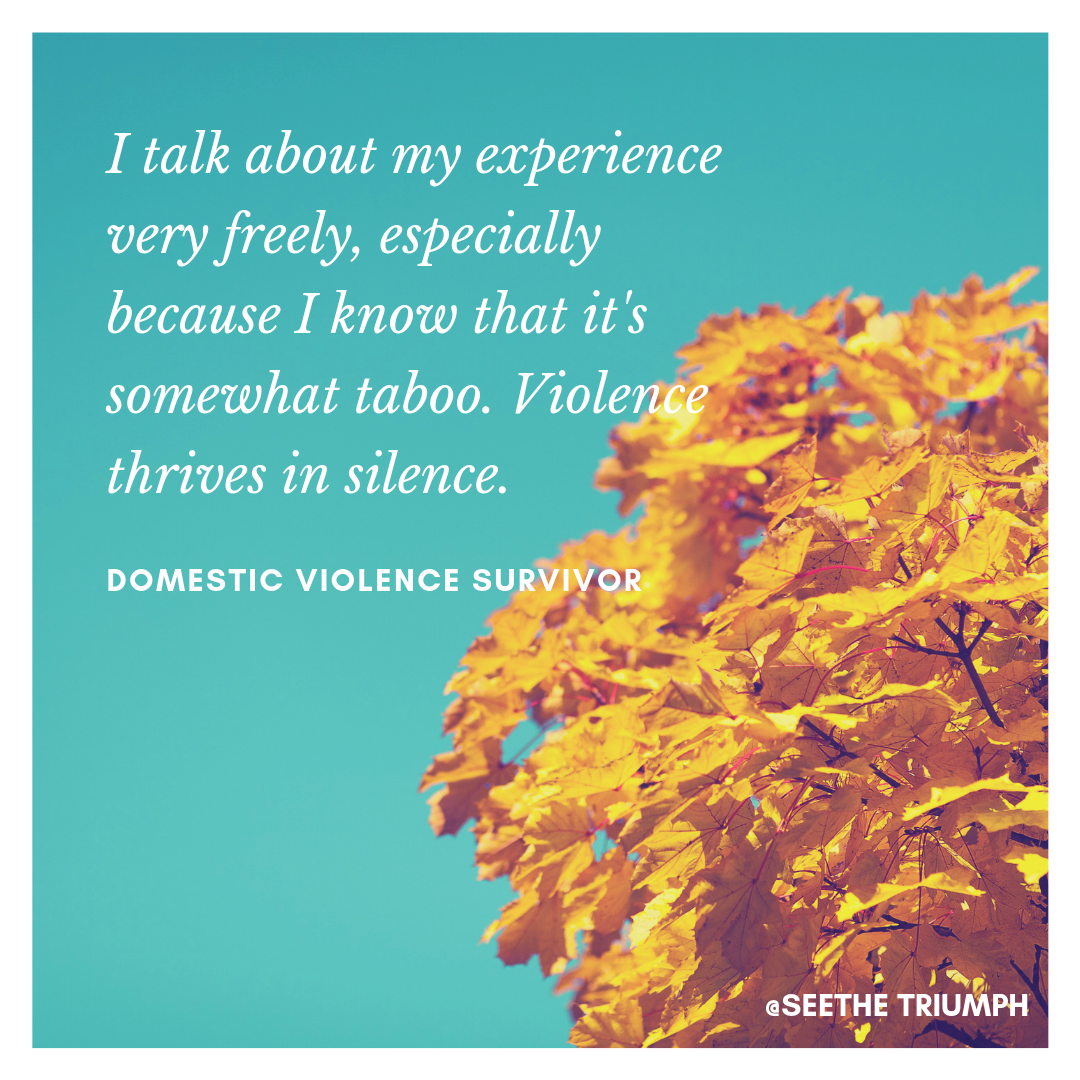
 RSS Feed
RSS Feed